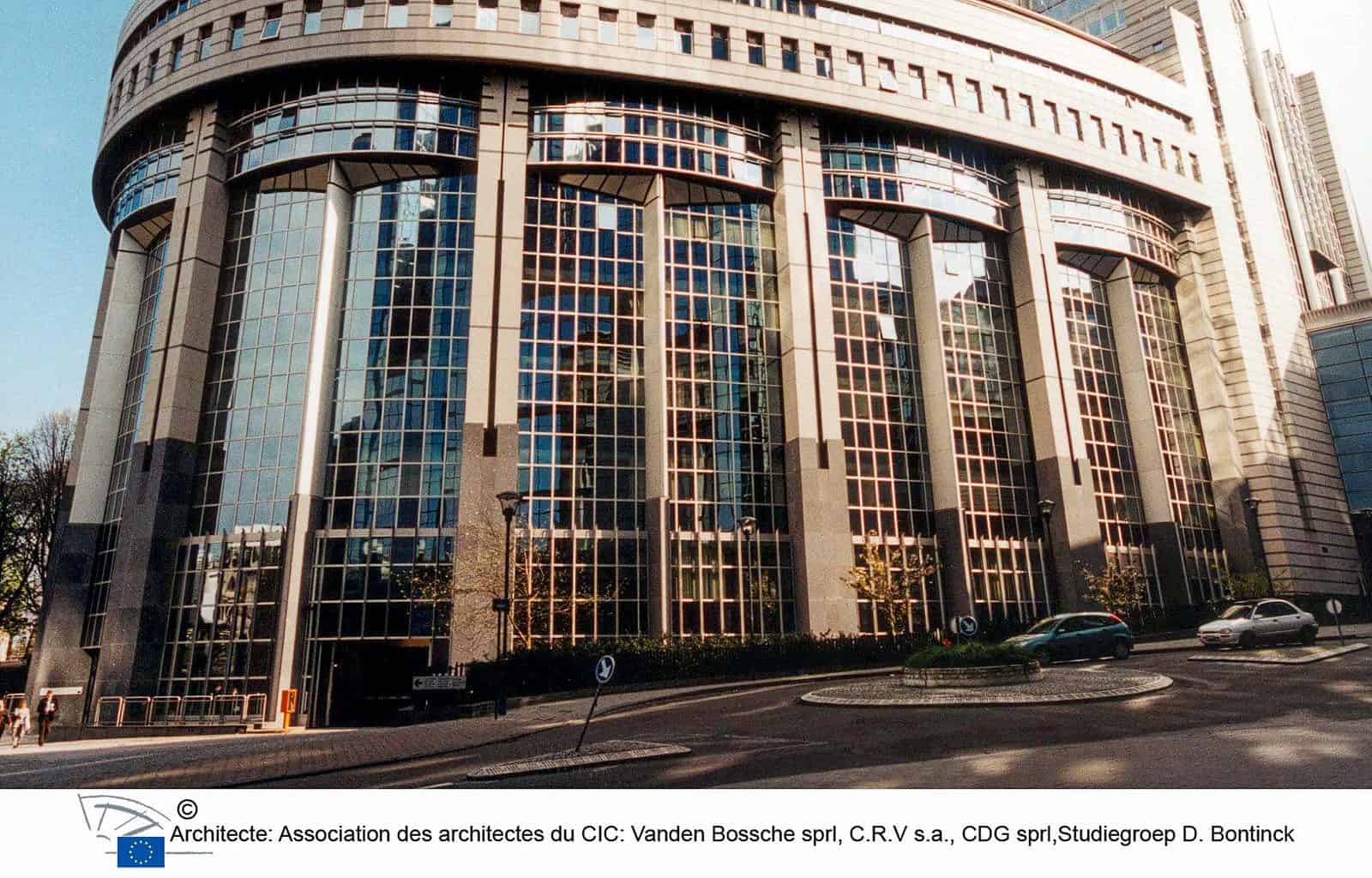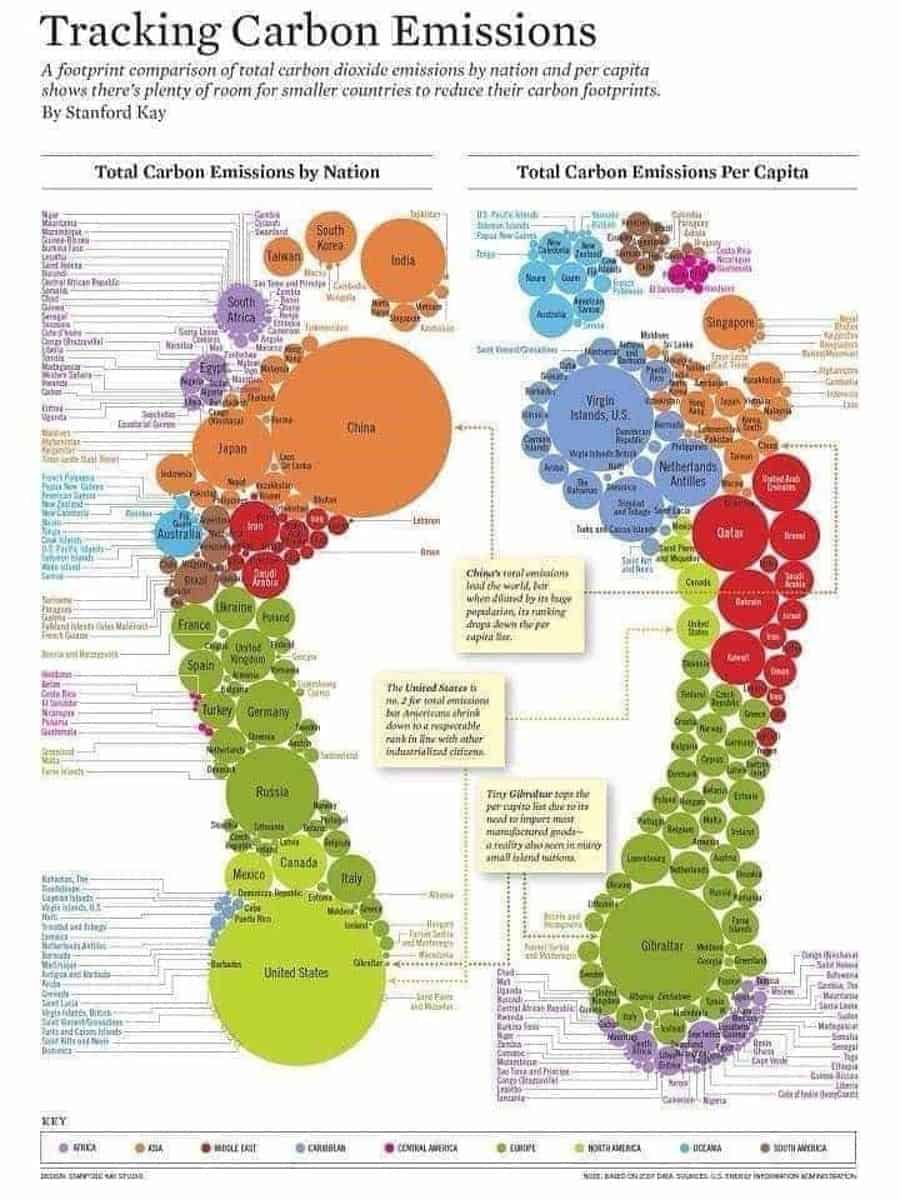EU on track to meet some 2020 climate goals
While the world is experiencing record-breaking temperatures, there is also a bit of good news on the horizon. We can conclude this from the new report report ‘Trends and projections in Europe 2020’ that European Environment Agency published. The report tracks the progress of EU Member States towards Europe’s climate and energy targets. At this moment, the Member States are on track to meet two targets that were set for 2020. The targets for reduction in greenhouse gas emissions and increased use of renewable energy are still reachable, states the Agency.
Please also read: EU as role model to fight climate change
Progress on EU level, national situations differ
Back in 2007, the EU Member States outlined targets to mitigate climate change by 2020. The Member States adopted the targets in 2009. It outlined the reduction of greenhouse gas emissions with 20% from 1990 levels, a 20% share of renewable energy usage, and 20% improvement of energy efficiency. As the EEA publishes its latest report, the EU seems to be on track to reach the first two targets.
During 2019, the emission of greenhouse gasses dropped with four percent. This brought the overall reduction at EU level to 24% below 1990 levels. In the meantime, uptake of renewable energy accounted for 19.4% in the EU, close to its target. Experts from the Agency say that the pandemic has contributed to the progress. The overall energy consumption and greenhouse gas emissions in 2020 sharply reduced during the pandemic, especially in the transport sector. Simultaneously, the update of renewable energy sources increased. However, the EEA warns that these effects might just be short lived. On national level, 14 EU Member States still have to meet their national targets. This includes France, Germany and Spain.
What about the third 2020 target?
Whether the EU is on track to meet also the third climate goal for 2020, to improve the EU energy efficiency, remains questionable. The energy efficiency is calculated by comparing the energy consumption by the gross domestic product. At this stage, the EEA concludes that the EU Member States have not done enough.
The 20% reduction emission by 2020 is part of a stepwise approach to a carbon neutral European Union by 2050. The next target of 2030 is to reduce emission with 55%, compared to 1990 levels. As the EEA says, the progress made shows that more ambitious long-term objectives are reachable, but that 2030 and 2050 targets demand sustained and long-term efforts.









